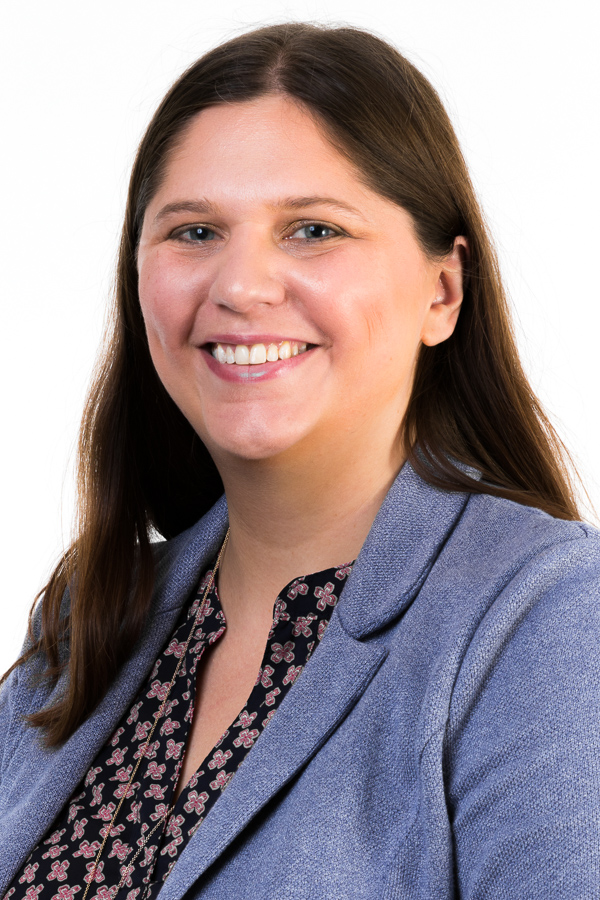
Megan Condis, Ph.D., an assistant professor co-affiliated with the Department of Journalism & Creative Media Industries and the Department of Communication Studies in the College of Media & Communication, was recently awarded the 2021 Student Organization Advisor of the Year. Given by the Texas Tech Center for Campus Life, the award was based on her mentorship role with the nominating organization, Tech Esports.
“It was so thoughtful and generous of them to do this,” Condis says. “This is such a hard year for student orgs in general because how do you provide the same experience during a pandemic? So, all the credit goes back to the students who continued to foster and work hard on the organization.”
Coupled with the social limitations of the pandemic and the separation of Tech's gaming club into three specialized experiences, this year proved to be a challenge for faculty and student leaders alike. Determining activities for Tech's Esports team or Tech Virtual Reality Club required coordination from both students and faculty. However, Condis humbles herself and redirects the credit back to the student leaders who made this possible.
“I'm so grateful and humble that they were happy with what I've contributed,” Condis says. “But all my work goes back to my students because I mainly contribute when they're having meetings with sponsors or other groups on campus. They're the ones setting up meetings and organizing events.”
While Condis redirects the credit back to her students, her approach to management paved the way for her students to carry the CoMC transformative experience outside of the classroom. Students learned marketable skills that allow them to be their own coach, player, and organizer within Tech Esports. As an advisor, her role isn't to dictate but create an environment for her students to grow.
“The point is for them to have control and agency over their own path,” Condis says. “If there is any way I can facilitate or build opportunities for them, I'll create it. I'm a big esports fan myself, so I would love to see our team be followed like Texas Tech football. The long-term goal is to build that community here.”
Condis admits, however, her selfish desire to see Tech Esports on the big screen is because of her extensive passion for video games. Coming from her father's management at a pizza shop, Condis fell in love with the demo reel found in the built-in arcade. Her love for video games as a spectator sport wouldn't be found until college with the wake of Quake and StarCraft. It's there that Condis found her passion to ultimately advocate for Tech Esports.
“People were turning these games into the spectator sport,” Condis says. “It was no longer something you play in your basement or at the arcade, but a public place where you gathered around. That was always really exciting for me because it was something truly unique that can rival other entertainment industries.”
Condis's enthusiasm for video games further extends to her research with which she aims to make gaming culture more inclusive by minimizing the amount of toxicity found on digital platforms. Her book, Gaming Masculinity: Trolls, Fake Geeks, and the Gendered Battle for Online Culture, evaluates the proliferation of gender narratives around the gaming culture, and her students look at her research as an academic foundation for their work with the student organization.
“I'm very lucky that the leadership of the student org is really invested in my mission statement as well,” Condis says. “One of their goals is to make the org include everyone no matter color, age, or sex. They're also super focused on including people who don't want to be competitive but instead want to focus on production or public relations. There's a place for everyone in the org.”
Condis believes the inclusiveness of Tech Esports is a great way to introduce students to jobs in the gaming industry they didn't know existed before. Condis acknowledges this is due in part to the students' commitment to continue their higher education during an unprecedented year.
“If you're a student in our college, you're doing more than just memorizing data,” Condis says. “I've been so pleased with how willing faculty are to set a high bar to only have the students clear that bar. It says so much more about our students willing to go the extra mile.”
